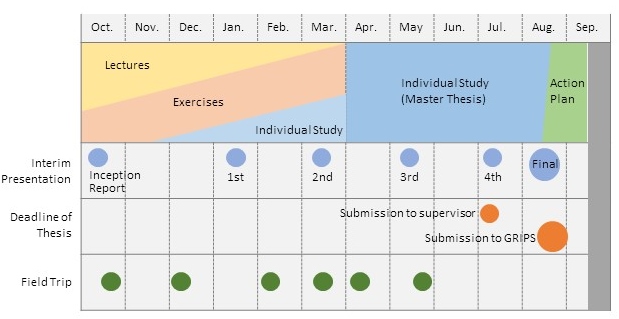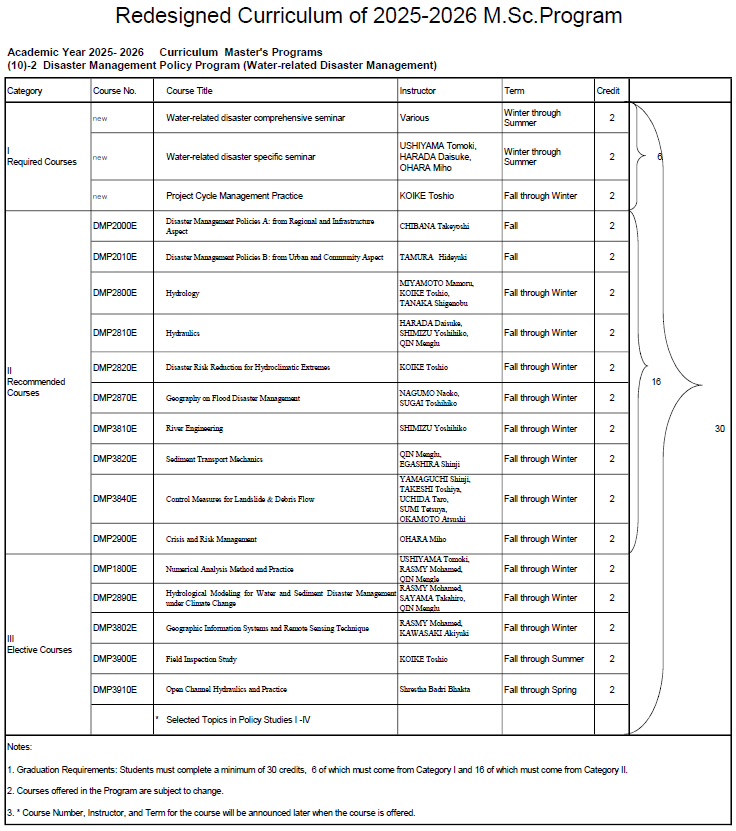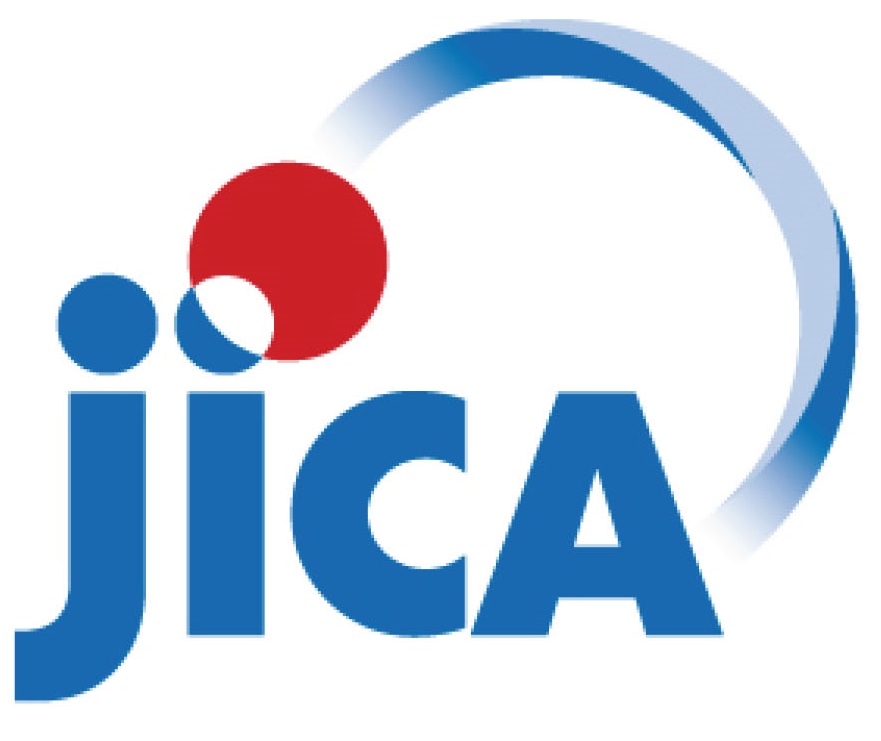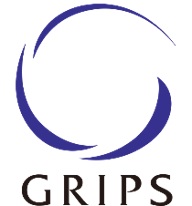
 |
 |
Outer Underground Discharge Channel (2019.12) |
|
 |
 Graduation Ceremony (2018.9) Graduation Ceremony (2018.9) |
A natural hazard becomes a disaster when the affected country or region lacks the coping capacity. In recent years, water-related disasters such as floods have been increasing in numbers as well as in scale. This is particularly so in developing countries due to lack of leadership with vision, political will, coping capacity and resources. The resulting social and economic damages in such cases are likely to worsen with climate change.
In order to address this problem, and to plan sustainable development in developing countries, there is an urgent need to nurture leaders and experts on water-related disaster mitigation, who can plan and implement management measures such as preparedness, response, recovery and rehabilitation.
Japan has a wealth of experience in coping with and managing many kinds of natural disasters including water-related ones, and therefore is in a position to assist and transfer knowledge and expertise which can contribute to the development process of needy countries.
This program aims to train experts with the hope that they in turn will transfer the knowledge gained to the next level of professionals thereby upgrading the human resources capacities of developing countries.
The curriculum of this program is approved as a master's degree program by the National Graduate Institute for Policy Studies (GRIPS) and ICHARM. This program is administered as a JICA Knowledge Co-Creation Program, supported by Official Development Assistance from the Government of Japan.
This program aims to develop the participant’s capacity to practically manage the problems and issues concerning water-related disasters in local levels and to contribute for socio-economic and environmental improvements in regional and national levels in developing countries.
This program is provided to technical officials, engineers or researchers of governmental organizations concerning river management or water-related disasters. The participants are expected to become an independent investigator in the areas of integrated flood disaster management, who is equipped with the most advance technical and legal know-how to enhance the basic understand of the challenges of flood risks and to translate this knowledge back to a practical water-related disaster reduction strategies including poverty reduction and the promotion of sustainable development at local, national and regional level.
“Problem Solving-Oriented” course
This program is designed to be not “a course in which students are somehow forced to study” but “a course in which they independently think and find solutions to issues of their interest.” One of the graduating requirements of this course is to write a Master’s thesis on an issue to which each student identifies and finds a solution by him/herself. Such assignment helps students develop the capacity to formulate integrated flood mitigation plans and also will help them address other issues at home.
“Practical rather than Theoretical”
To make the course solution-oriented, lectures and exercises which are practical rather than theoretical are provided in the course to prepare students to be fully functional in actual situations. In this sense, field trips are a crucial part of the course.
“One-year Master’s course”
The target groups of this course is incumbent practitioners working in administrative organizations. For that reason, the course is designed for them to earn a Master’s degree within a single year rather than the usual two years so that they don’t have to be absent from work too long.
![]() Basic structure of program (subject to change)
Basic structure of program (subject to change)
International Centre for Water Hazard
and Risk Management (ICHARM) under the auspices of UNESCO, Public Works Research Institute (PWRI), Tsukuba, Japan |
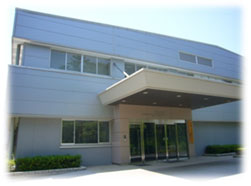 |
 |
National Graduate Institute for Policy Studies (GRIPS), Roppongi, Tokyo https://www.grips.ac.jp/en/admissions/apply/ |
JICA Tsukuba Center, Tsukuba, Ibaraki https://www.jica.go.jp/tsukuba/ english/office/index.html |
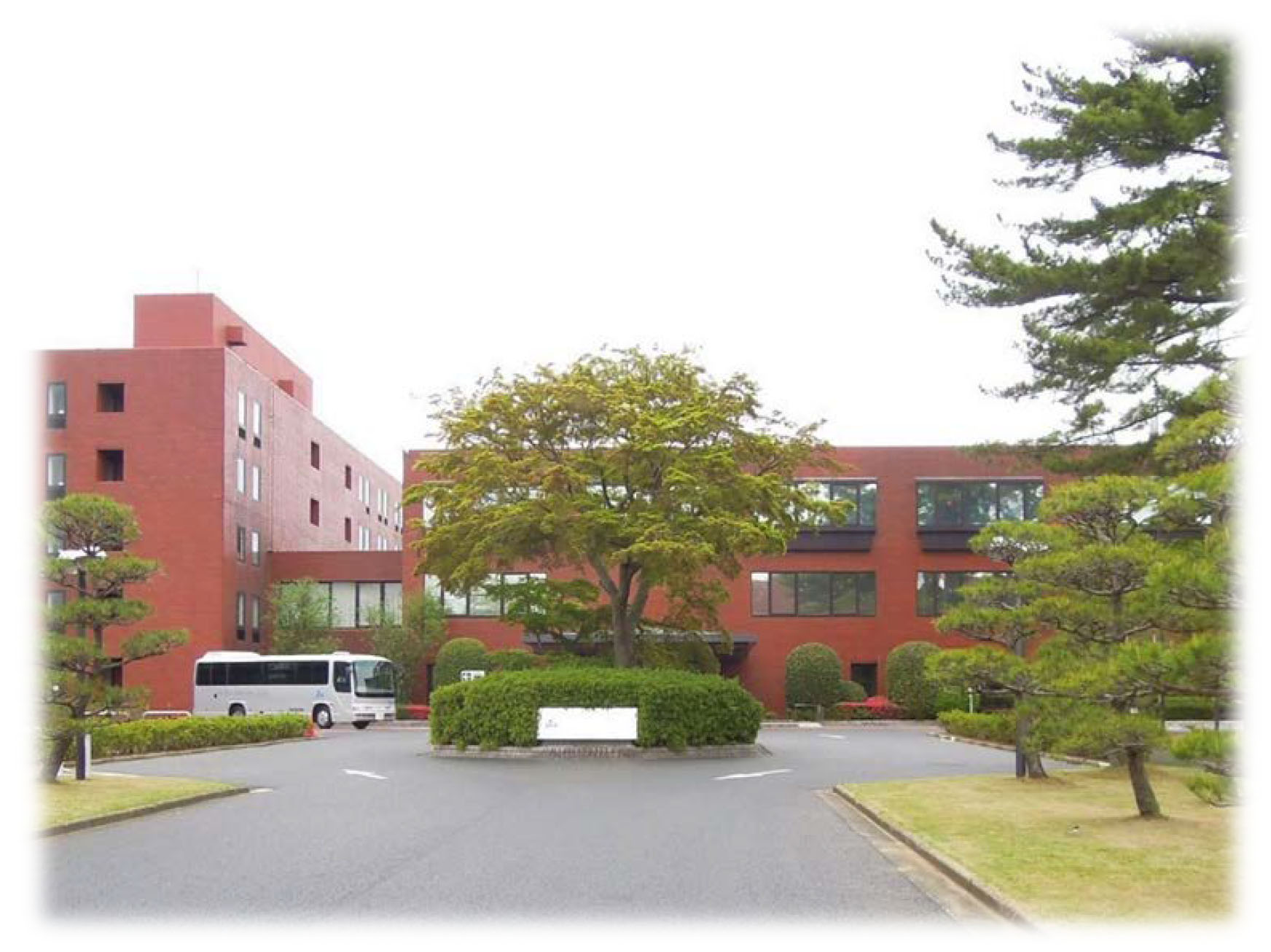 |
| International Centre for Water Hazard and Risk Management (ICHARM) |
|
| Tel : | +81- (0) 29-879-6809 |
| Fax: | +81- (0) 29-879-6709 |
| E-mail: | training.icharm(a)pwri.go.jp |
